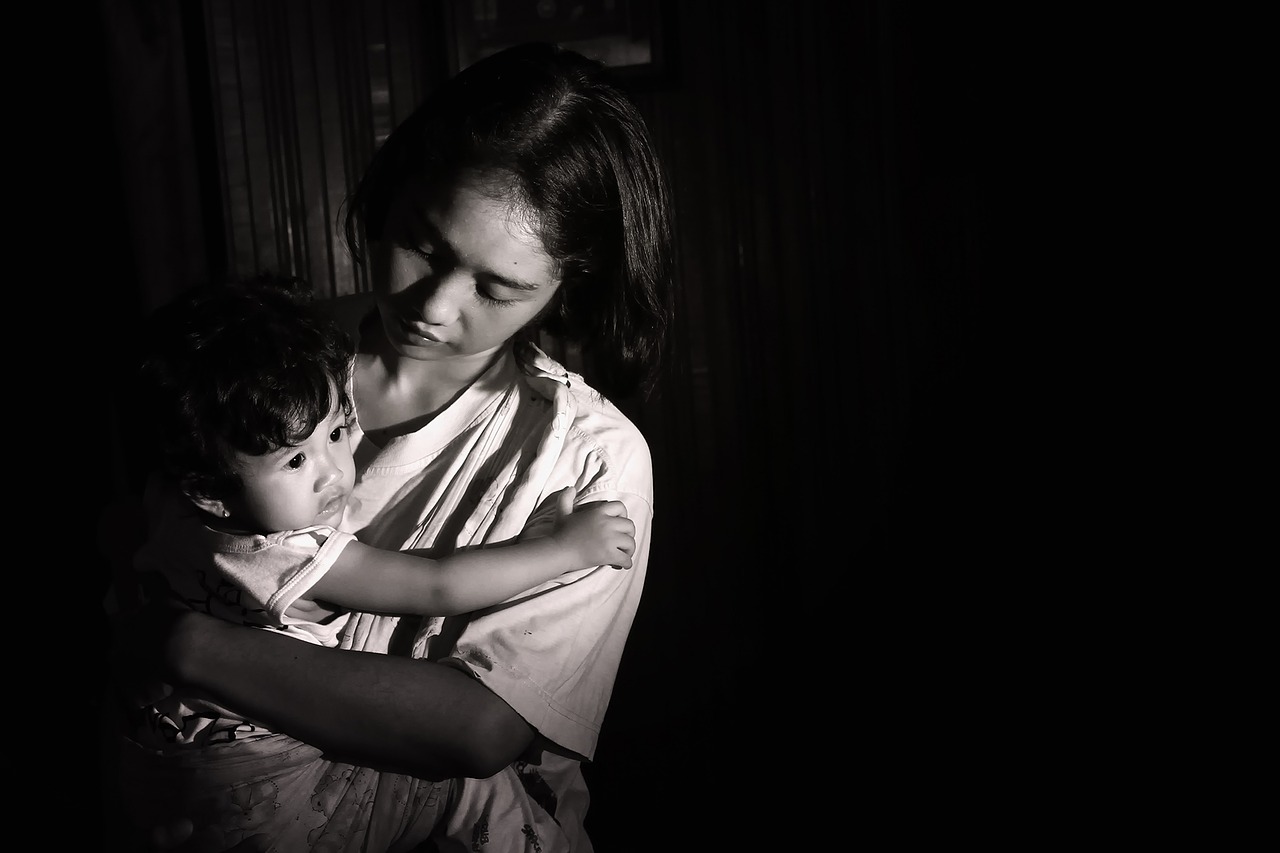
When our clients come up against barriers to accessing safe and affordable housing, Chantel is there to help break those barriers down. As our Housing Partnership Coordinator at Interval House, Chantel is an expert at navigating the housing market. She is an essential team member in the Building Economic Self-Sufficiency Program (BESS), which supports women survivors of intimate partner violence living at the shelter or in the community as they rebuild their lives. We sat down with Chantel to talk about her role at Interval House and to get her insight on the barriers that survivors can face when seeking safe, affordable, and sustainable housing after abuse.

Can you tell us a bit about what you do at Interval House?
I’m the Housing Partnership Coordinator, which represents half of a two-person housing team that makes connections in the community to help women, along with their children, find housing and relocate after experiencing intimate partner violence.
Each day is spent connecting with private landlords and community agencies to advocate on behalf of women and children and assist them in their abuse-recovery journeys and relocation goals.
Can you talk about the housing support offered by Interval House?
Interval House offers housing support to women who have left abusive relationships, whether they are living in the shelter or in the community. We do private market searches and housing advocacy to private landlords, community agencies, and social services. The staff help clients organize their financial documentation and apply for any available income or housing supports in the city. Women are accompanied to viewings for apartments and interviews for transitional housing, and we follow-up with agencies that clients may have already applied to. We provide referrals to programs such as the Furniture Bank, where clients can get furniture if they’ve left everything behind, and referrals to moving/storage programs that can help collect valuable items left at the home of an abuser. We provide one-on-one housing counselling for dealing with landlords, information and assistance with the landlord and tenant board process, and eviction prevention. BESS offers workshops on how to navigate looking for a new apartment and managing expectations when getting back out in the housing market. We also provide resettlement support for women who have moved into the community, connecting them with additional BESS services such as employment and counseling service to break down their isolation and work towards the most important goal—building economic self-sufficiency.
What is your favourite part of your job?
My favourite part of the job is witnessing the transformation of our clients. Going through abuse and making it out to the other side, finding your footing and standing strong to create a life of safety and security for yourself and your children is a hard, emotionally charged battle. Each woman who comes to Interval House is strong and passionate about the safety they want to create in their lives. I’m glad to be a conduit of resources and I’m passionate to be of service. Women do a lot of hard work transforming their lives after abuse and sometimes I feel like a coach on the sidelines always there strategizing and re-strategizing. When the way forward is found, and it’s different for each person, it’s a great feeling and it’s an incredibly powerful thing to witness.

What are the biggest challenges that your clients face?
The biggest challenges they face are structural and systemic issues—like the lack of affordable housing in Toronto. Toronto is a huge city with millions of people and millions of jobs and it’s hard to narrow down to somewhere that’s affordable and stable. Renting in this city is an incredibly complicated situation financially. For people who have fluctuating financial and life circumstances, it’s even more difficult to navigate. There are some supports, like special priority housing, for survivors of intimate partner violence but there can be a lot of red tape. Sometimes a person who was in an abusive environment doesn’t have access to the necessary documentation, or they’ve had elements of their lives destroyed such as their credit, their employment history, or the unit they lived in. This all serves to further complicate the referential-based relationship with their previous landlord and their future landlord. Maybe they had two incomes before and now they have one, maybe they were forced to stay home and care for children and have been out of the job market for a long time. Don’t get me started on the price of rent again; it’s hard to break down a brick wall. We try our hardest for our clients here at Interval House, but there are systemic issues at play that negatively impact the most marginalized in our society. When situations change abruptly after fleeing violence, a lot of clients struggle to understand, why them? The step-by-step process of rebuilding a life can look so daunting. Thank god for our women’s counsellors.
Is there a specific client and story that sticks out in your mind?
I had a client who started coming to the BESS program after ending an on-again/off-again relationship with an abusive partner. She was dealing with trauma from that relationship, as well as issues with substance abuse, which had been a huge aspect of her life with her ex. When she found BESS, she was happy and ready to commit herself to breaking the cycle of abuse and rebuilding her life. She accessed counselling to start to look at the long-term trauma she had experienced, she got employment advice, and she attended group sessions to build connections with other women in similar situations. She took advantage of every possible program in BESS. I, along with my coworkers, became hopeful for her. Because she was no longer with her abusive ex, we couldn’t offer her respite at the shelter—Interval House’s Residential Program is an Emergency Shelter available only to those leaving an abusive home. She was finishing up her stay at a detox centre and was facing the very real and unsettling possibility of being homeless. We were able to find her transitional housing, but unfortunately it was located a far distance from the school that she had planned to attend, far from social support services that she had come to rely on, and it was an area that was triggering for her sobriety. Due to the state of the housing market, she felt she had little choice but to accept the unit, despite the fact that it put her in danger of relapsing and isolated her from her support network. In that unit she did struggle and stopped attending BESS for a while however she is resilient, as survivors are, and reached out to us again when she had regained her footing. Eventually, we were able to move her into more stable and healthy housing and she began to thrive. To me, this story represents so much of what we stand for. We don’t give up on people. We understand that healing from abuse isn’t a simple, linear task. Set-backs may happen but it doesn’t mean your life will always be this way. We still work with her and still maintain hope.
Do you think there is a housing crisis in Toronto?
100%. Absolutely. No doubt about it.
What do you think the government should be doing to support housing for survivors of intimate partner violence?
In regards to housing, I believe the solution is to build more affordable units. There are tens of thousands of people living in this city who are waiting on an affordable housing unit. They are waiting for years and that’s just not acceptable. I think that it’s imperative to be innovative and create new possibilities for affordable housing and to also fix the housing that already exists. We find money for so many things in this city. Housing is a critical issue. We need more efficient bureaucracy to push affordable housing projects and initiatives forward. We need a transit system that extends to the furthest reaches of the GTA and it needs to be accessible and affordable. We need it so that people who choose to move outside of the core can still affordably access the city to find work and connect with support services. I think it’s important that we get the cost of rental units in Toronto under control. Buildings that are the exact same as they were 20 years ago are now double and triple the price for rent. Is an updated refrigerator and floor worth that much? There are women and children in abusive situations that are afraid to leave because they cannot financially afford to live alone in a safe, stable environment. They need a place to call home, a place that allows them to get to and from work and allows them access to a surrounding community that’s healthy, diverse and thriving. In many cases, like the client story I mentioned previously, the places that may be affordable may not be safe. That’s not fair to survivors and the children of survivors of violence in the community. Every survivor deserves to resettle into a safe and affordable environment.

